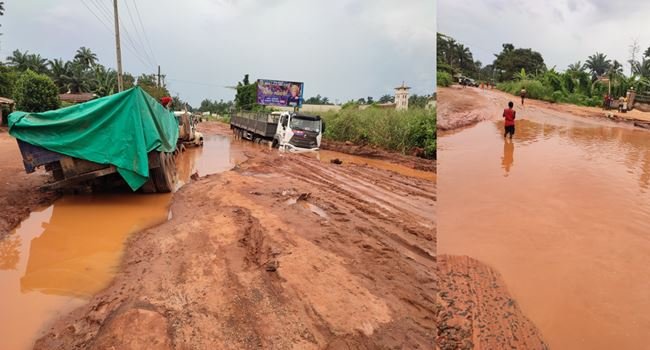In the remote reaches of Taraba State, a growing chorus of frustration echoes not only from Gassol—where the collapse of the Namnai bridge has upended lives—but from deep within Kurmi Local Government Area, a once-promising economic hub now crippled by years of neglect.
Kurmi, renowned for its natural resources and cultural wealth, is today plagued by failing infrastructure, nonexistent banking services, and irregular electricity. Once considered the economic heart of Taraba, the area now suffers under the weight of government abandonment, leaving residents feeling isolated and betrayed.
During a recent visit by The Guardian, community leaders and residents spoke openly about their daily struggles.
“We have been forgotten,” one leader said, standing near a road overrun by weeds and potholes. “This is not the future we were promised.”
A widely circulated message from local advocate Auwal Iliya captured the mood: “Kurmi is the economic zone of Taraba State, but we have nothing to show for it — no good roads, no bank, no steady power supply.” His words have sparked broader conversation across the state, highlighting what many see as a failure of leadership.
“Taraba, once proud and strong, is now burdened by corruption,” Iliya’s message continued. “Promises are made but never fulfilled. Our leaders prey on the weak, feeding on power while the people suffer in silence.”
Despite steady federal allocations and access to state resources, Kurmi’s basic infrastructure remains in dire condition. The road to Baissa, the council’s administrative centre, is so deteriorated that many communities are cut off, especially during the rainy season.
Motorists and traders travelling from Jalingo recount frequent vehicle breakdowns, delivery delays, and dangerous conditions.
“It’s like we’re trapped,” said a commercial driver with over a decade of experience on the route. “And no one in power seems to care.”
Residents have not forgotten the campaign promises made by politicians who once inspired hope.
“We believed in change,” said another resident. “But what we got was silence.”
Still, amid the despair, there is a growing call for unity and collective action.
“Let these tears be a call to unite and demand a government that will do what’s right,” Iliya’s message concluded.
As Kurmi stands at a crossroads—both literally and figuratively—its people are not asking for charity, but for fair investment, inclusive governance, and a leadership that remembers its promises. Whether their pleas will be heard remains to be seen, but one thing is certain: Kurmi will not be silent.

